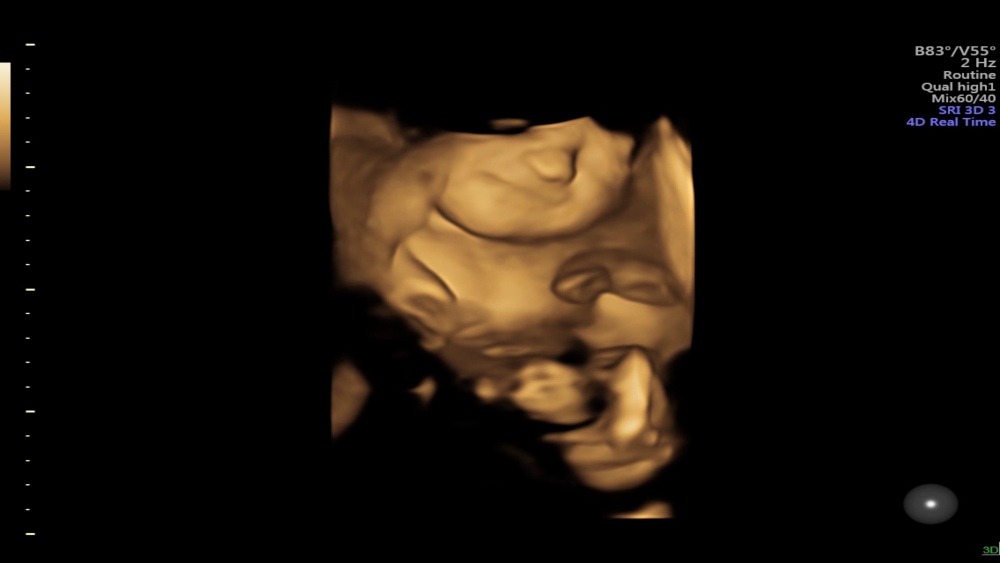A SCOTTISH university has found that unborn babies will respond to their mother’s voice and touch from inside the womb.
Research conducted by the University of Dundee’s Psychology department found that a baby in the womb will make more sucking motions when touched or spoken to, compared with those who are left alone.
The findings also found that babies would respond by opening their mouths when the mother spoke to them directly.

Dr Emese Nagy, an expert in fetal-neonatal psychology at Dundee led the study amongst a team of others.
She said “There has always been a lot of questions about how communicative a baby in the womb can be.
“Many mothers feel that they can communicate with their babies in the womb by touching
or talking to them, and this study has allowed mothers to see this before their very eyes.”
Twelve pregnant women, with foetuses between 25-33 weeks of gestation, attended 4D ultrasound sessions.
The Mothers then carried out five tasks: Interactive Touch, Interactive Talk, Non-Interactive Touch, Non-interactive Talk, and a control, where no contact was made at all.
The study found that the Interactive Talk condition prompted increased levels of face-touching by babies compared to all conditions at almost a minute on average.
The lowest level of face-touching, at under 20 seconds, was prompted by the Non-interactive Touch condition.
The study also found that foetuses decreased levels of self-touching in response to the mother touching her bump, as if the foetuses were focusing on the mother’s touch instead of self-touch.
Dr Nagy added: “Though the numbers involved were small, it certainly indicates that interacting with an unborn baby is not just wishful thinking on the part of the mother.
“Further studies with a larger number of volunteers could help to establish just how commonplace this behaviour is.”
